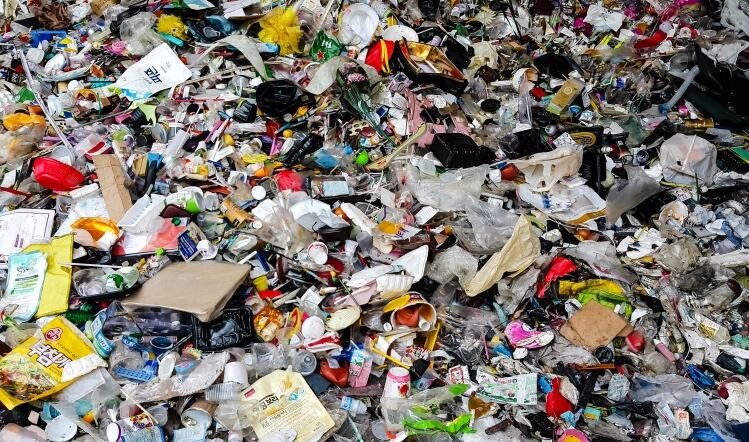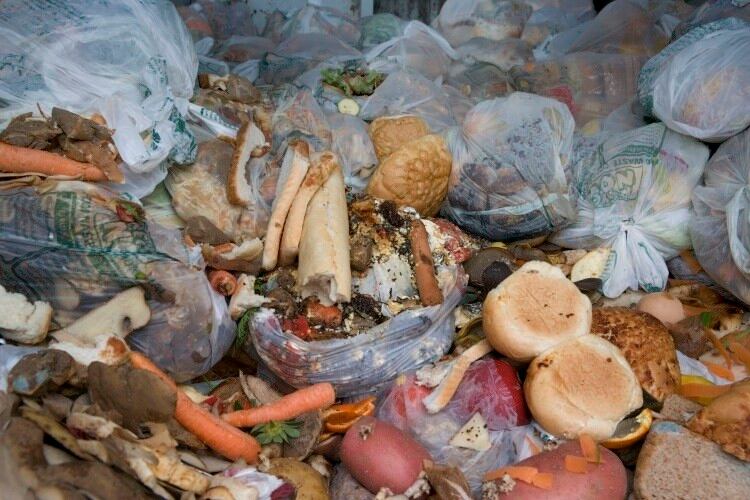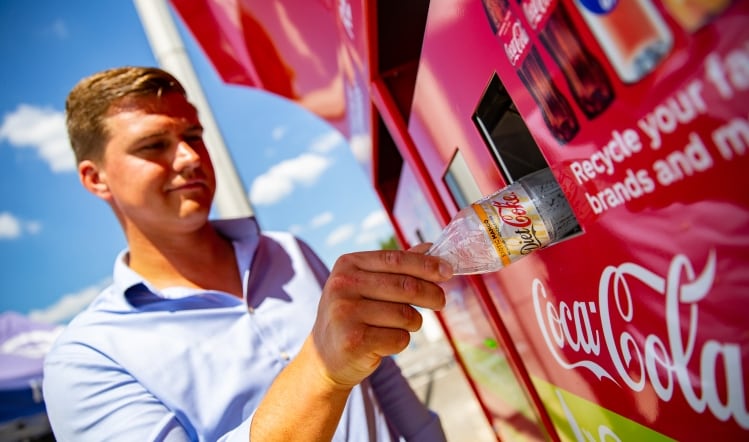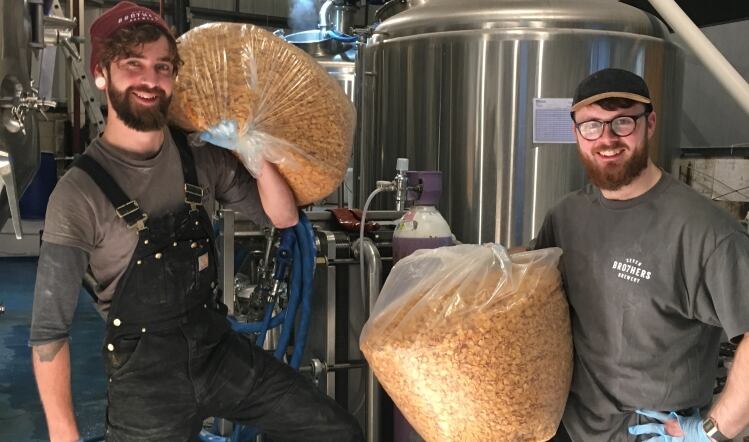A spokesman for the Food and Drink Federation (FDF) said the measures suggested in the strategy would place considerable financial burden on manufacturers, particularly small and medium-sized businesses.
“The timing of such an announcement also needs to be considered alongside the spectre of a no-deal Brexit scenario which still looms large over our industry,” the spokesman added.
“It is important that the Government engages closely with the food and drink industry as it begins to consult on these measures, particularly given the work already being done across the supply chain to tackle such issues as food waste and packaging.”
The FDF hoped the Government’s latest scheme, along with its Industrial Strategy and Clean Growth Plan, could lead to the creation of a long-term framework in which businesses could operate to increase resource efficiency and reduce waste.
Redistribution of food waste
Food surplus redistributor Company Shop welcomed the new strategy, which prioritises redistribution of food waste above using it for animal feed and anaerobic digestion.
Managing director Jane Marren said: “This development should be celebrated, and means redistribution has even greater potential to help tackle the UK’s food waste challenge.
“The proposed mandatory reporting by larger businesses of their food waste will bring improved transparency, and we will be supporting our partners to deliver this. We look forward to working with the industry to seize the opportunity presented by the new strategy.”
Manufacture 2030, provider of software to help halve manufacturers’ resource use, said that while the strategy was in a step in the right direction, it did not go far enough and failed to take advantage of the commercial opportunity for manufacturers being more resource efficient and producing less waste.
Onus on manufacturers
“The Government is making the right move by putting the onus on manufacturers to produce more environmentally sustainable products and packaging – as consumers can only recycle what they're given,” explained founder Martin Chilcott.
“But with 80% of a product’s environmental impact determined at the design stage and in production, post-use recycling is not really the answer.”
Meanwhile, waste and recycling firm Biffa called for businesses across the supply to work together to move from short-term, interim initiatives to “fundamental, long-term actions”.
Chief executive Michael Topham concluded: “We look forward to working with customers and policy-makers in the coming months as specific consultations on PRN reform, deposit return schemes and collection consistency are rolled out.”
Animal feed ‘is not food waste’
As the Government rolls out its Resources and Waste strategy, the UK Former Foodstuffs Processors Association (UKFFPA) highlighted the potential of turning surplus food into animal feed to reduce waste.
Along with WRAP, the UKFFPA believed that there is potential to increase the amount of former food products going into animal feed by 20% by 2025.
Chairman Paul Featherstone said: “Collectively the food industry’s New Year’s resolution should be to reduce the amount of food products ending up in landfill or energy generation, and increase the volume that is recycled back in the food chain Where possible food should go for human consumption, but processing former foodstuffs into animal feed makes a significant contribution to reducing food waste.”





